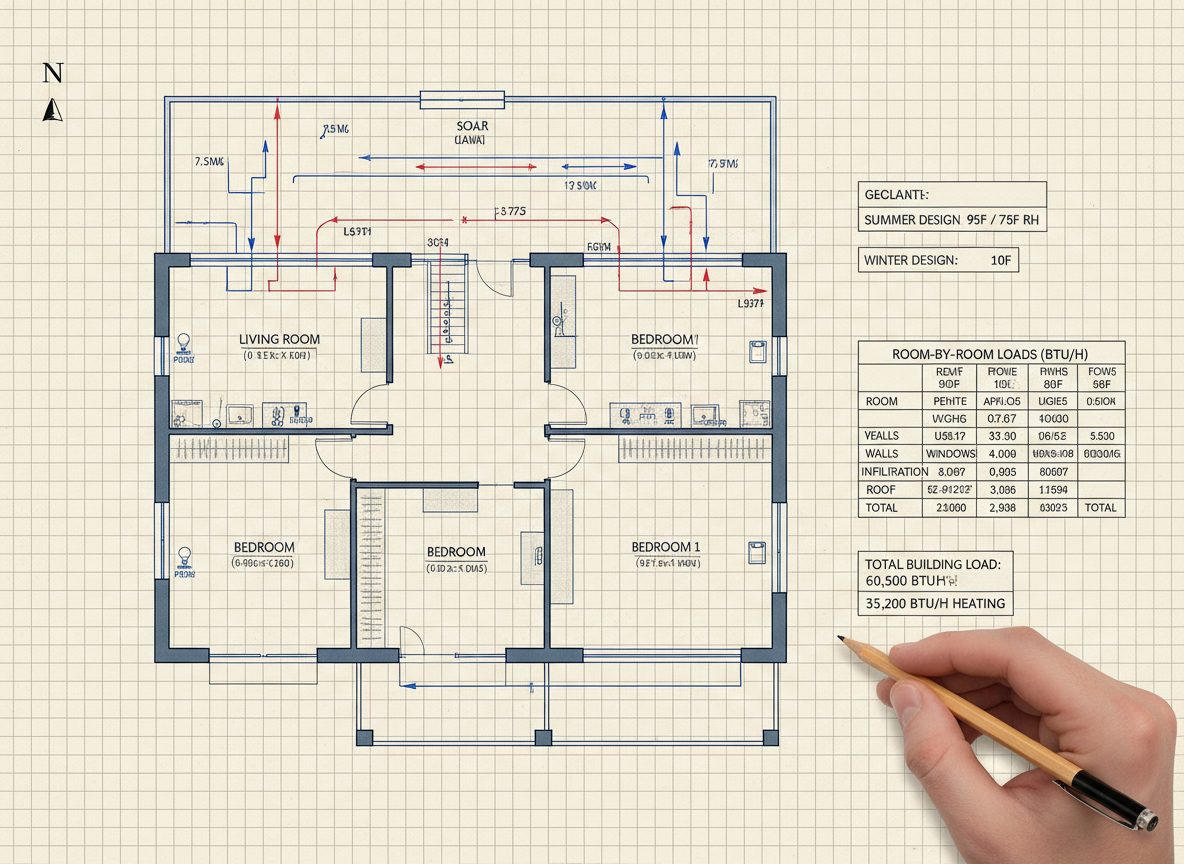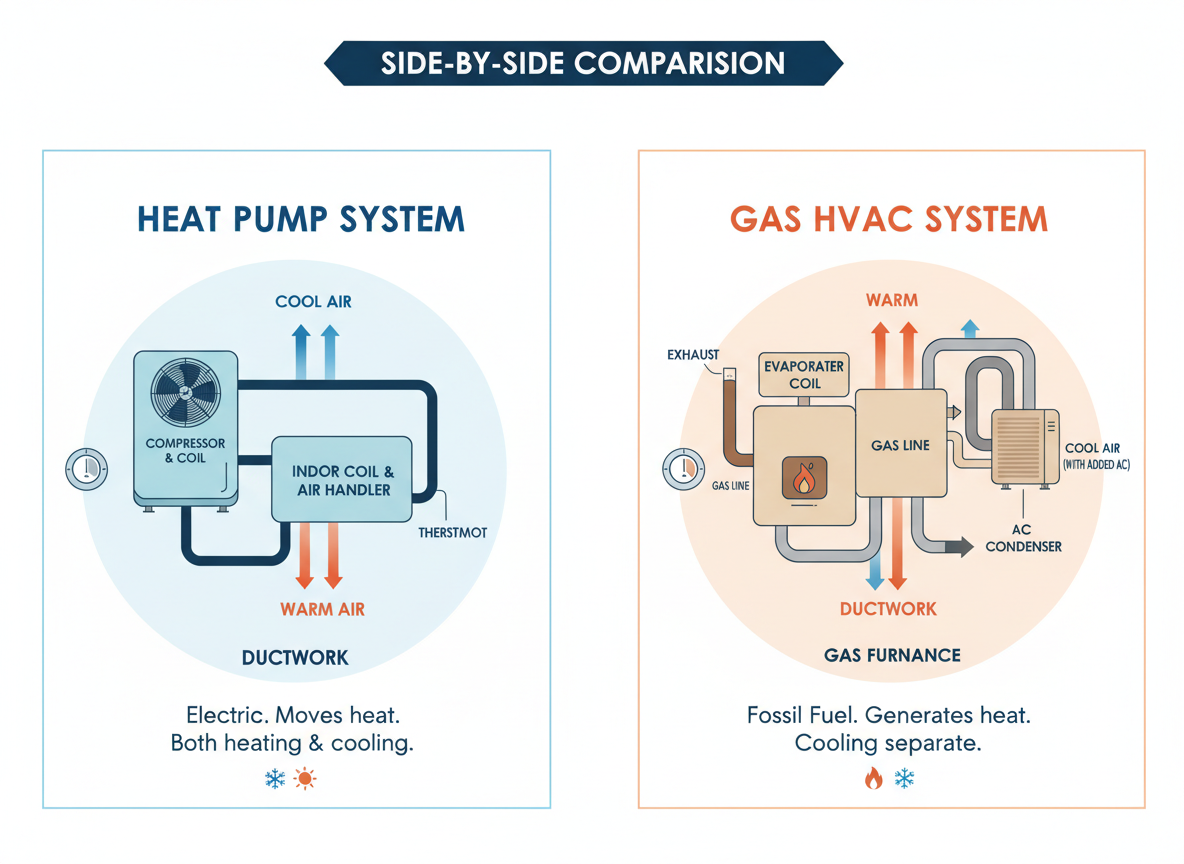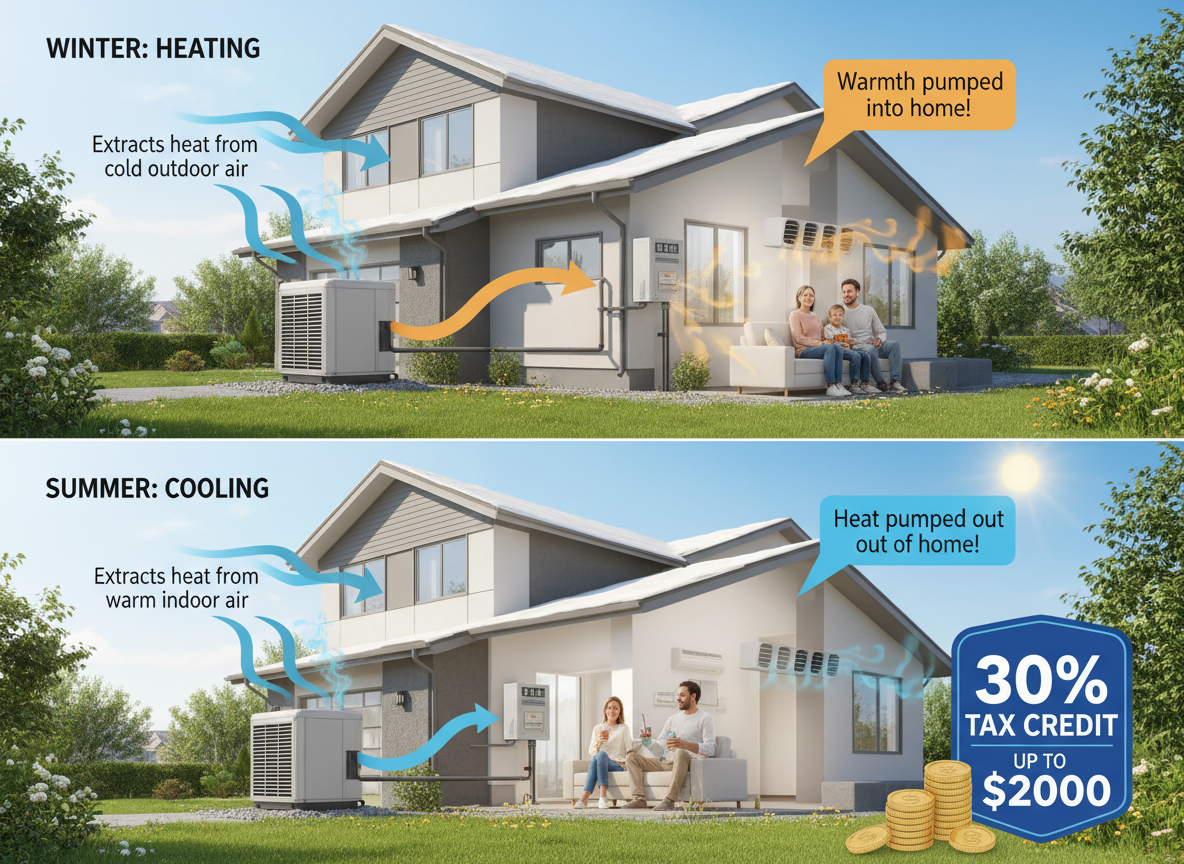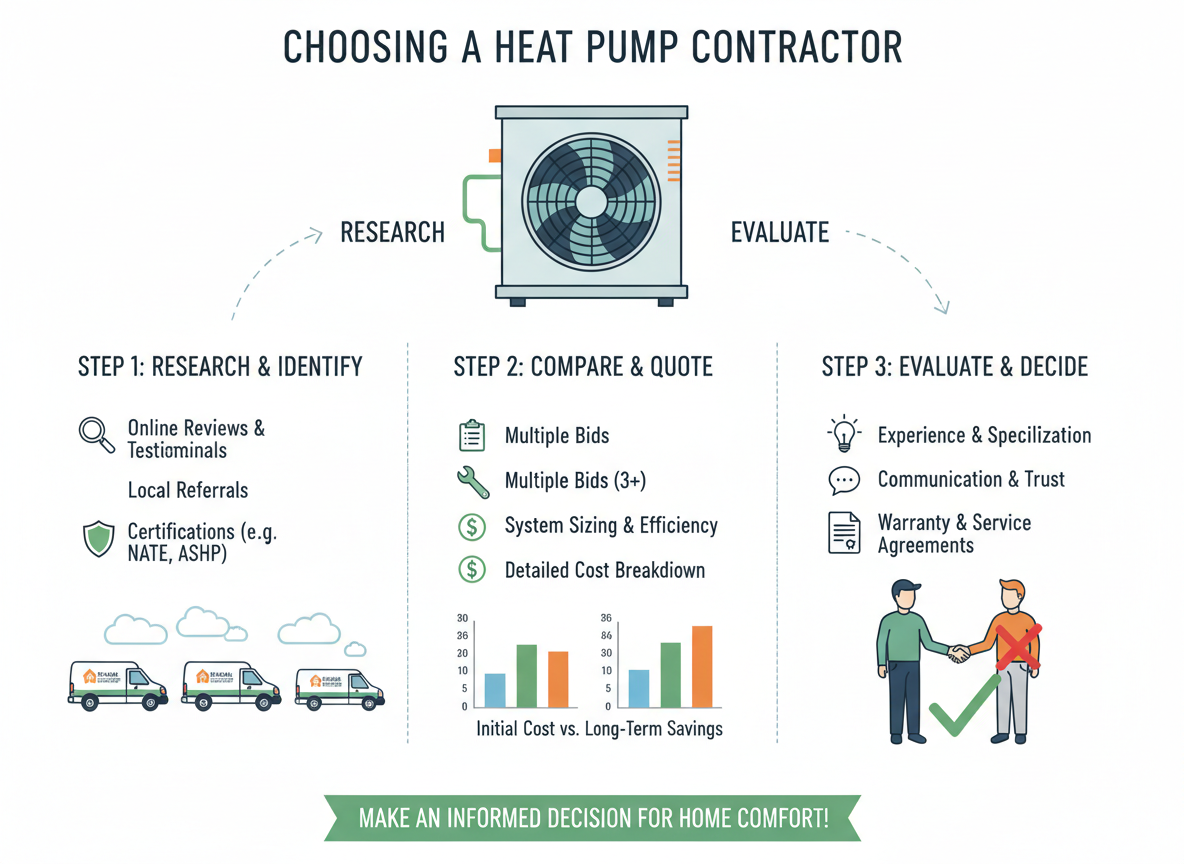
A burning smell from your furnace can cause great concern since burning smells usually indicate a sign of danger. When it comes to furnaces, the reasons for the burning odor can vary from harmless to hazardous, so it is important to take note and pay attention to your system. A burning smell coming from a long dormant furnace is normal if it has not been used in a while, but it does not mean you should ignore it. In this article we will discuss some of the most common causes for the burning smell and what you can do in these situations.
Clogged Air Filter
When your air filter becomes clogged with dirt and debris, your furnace will overcompensate to allow more air through which can lead to a burning smell due to overheating. Make sure to change your filter regularly to avoid an overheated system.
Dusty Furnace
Like we mentioned before, smelling dust from your furnace is normal especially if it is the first time you are turning it on for the season. It comes from the dust accumulation on the heat exchanger, burners and other heating components from when not in use. Most of the time this is not a cause for concern. However, if it still smells like its burning after while it could be a sign of something worse that would require an HVAC professional to inspect to determine the problem.
Electrical Smell
If you notice a metallic or electric smell do not ignore it, this could be a sign of an overheated blower motor. Most units have safety features in place to shut off the unit if it overheats. However, if the system is malfunctioning or damaged it could continue to run possibly resulting in further costly damage. An electrical burning smell could also be damaged electrical wiring, or a cracked heat exchanger which could potentially be a very serious problem. Turn off the furnace and contact an HVAC company for repair.
Burning Plastic or Rubber Smell
Burning plastic or rubber smell could be a sign of a foreign object in your heating system. The plastic or rubber object burning could be giving off hazardous fumes. If you notice this smell it is best to turn off your furnace to find the object that is burning or contact a professional. It could also be a sign of electrical failure so do not run your furnace if you cannot find what is causing smell.
Musty Smell
A musty odor is a sign of mold and mildew in your heating system or ductwork. Air filter replacement should solve the issue. If this does not resolve the odor, then schedule an inspection to find out if mold may be growing in other parts of your home. Mold issues in your home other than in your HVAC system may require mold remediation.
Gunpowder Smell
If you notice a gunpowder odor, it is important you do not ignore this smell. It could be sign of a failed circuit board, turn off the system and contact a professional right away.
Heating Repair Services in Los Angeles
Burning smell from your furnace is not usually a big cause for concern. It is important to keep up on routine furnace maintenance each year. Give LA Heating & Air a call today at 818-341-3406 or contact us online. We are here for you for maintenance, repair or replacement of your furnace.
Burning Smell from Furnace Related Posts:






















.png)














